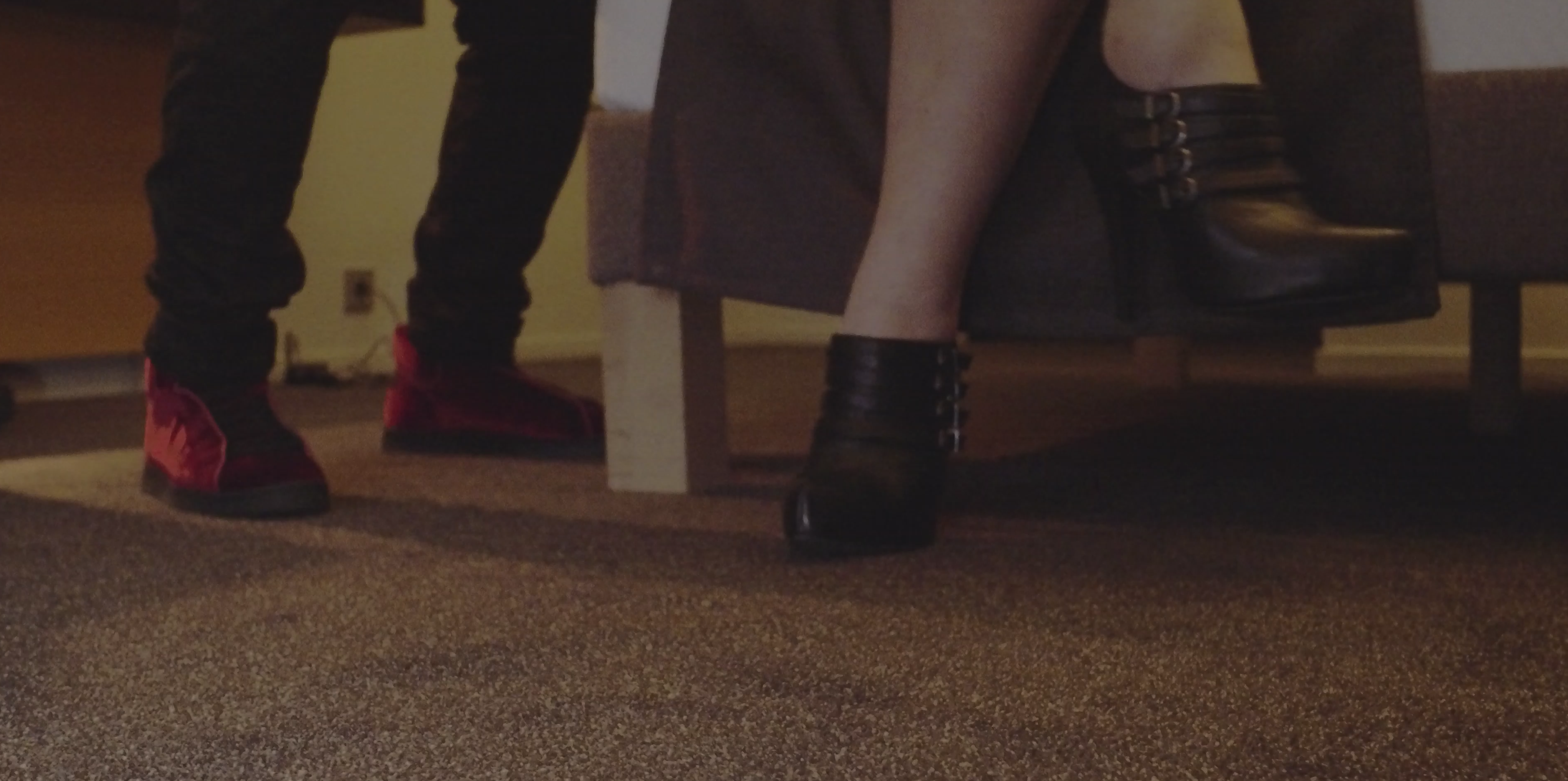[Editors Note: This article was written by Patrick McGuire.]
In 2018, the practice of buying fake social media followers, likes, comments and even song streams is a popular one not just with musicians but also with politicians, business leaders and non-famous people alike. For musicians, it’s something usually done in the hopes that the purchased fake numbers reflecting interest in their music will eventually translate into real ones.
But while it might be tempting to invest money into making the world believe your music is popular or loved or heavily interested in, it’s almost always a bad idea. “Fake band” Threatin, led by real musician Jered Threatin, has recently made international headlines for lying to European venues, claiming he’d sold hundreds of tickets at each show on his tour only to play empty rooms night after night.
When word got out about the scam, angry venues began sharing their stories over social media and word of the controversy eventually made its way to major publications like The New York Times and The Guardian.
Sure, Threatin’s stunt put his previously unknown band in the international spotlight, but in a way that hurt others (the musicians he hired to back him, venues he lied to and opening bands) and irreversibly damaged his reputation. And though he later claimed that the negative attention was all part of his plan, one can safely assume that things backfired in a massive way for the LA-based musician.
Faking your following probably won’t end up earning you negative international news coverage, but it can be damaging in other ways. Here’s a few of them:
FAKE FOLLOWERS DON’T TRANSLATE INTO ACTUAL MOMENTUM FROM YOUR MUSIC
Tech scams can do a lot these days, from generating fake YouTube comments to pumping up an artist’s streams over platforms like Spotify and Apple Music. However, something it can’t do is generate actual interest in your music. Let’s say you buy thousands of Facebook likes or Twitter followers. Essentially, all you’re really buying is a number to show off over a social media profiles. No amount of money can pay for someone genuinely loving your music and wanting to tell the world about you.
Think of it this way: You can pay to throw a big party where it looks like there’s a lot of people there having fun, but with fake followers, it’s more like a play than a party. Organic momentum in music takes tons of hard work to earn, but when you have it, it’s unmistakable. A fake following might look impressive on the surface, but it doesn’t do anything in the way of spreading your music and building connections like earning it honestly does.
FAKING IT COULD GET YOU INTO BIG TROUBLE
Think you’re smarter than Spotify and YouTube’s fraud prevention staff? You probably aren’t. Since fake streams and views could potentially cost these companies millions, they’ve put tons of resources into weeding fraud out and banning transgressors. Let’s say you distribute your music through an entity like TuneCore and have racked up thousands of plays on Spotify. If you fake streams and get caught, you’ll not only be banned permanently but will also lose those playcounts, AKA the actual momentum you’ve built for your music.
SPENDING TIME AND MONEY FAKING YOUR FANBASE LOOKS DESPERATE
There’s nothing wrong with figuring out how to market your music and find new listeners. After all, when you create music and sell it, you’re essentially acting like a small business, and marketing is a big part of any business. But a big line gets crossed when artists start focusing more on promotion than making music. And when an artist goes as far as to spend money on buying fake followers, something feels downright icky to most people.
There’s a sense that artist’s priorities are askew when they’re more interested in creating a fake impression of their work than focusing on the work itself. I’ll say it again: you can’t buy actual interest in your music.
IT DOESN’T WORK
A 2013 LA Times article profiled the unique relationship between bands and their fake social media followings. The bands interviewed claimed that manipulating their social media numbers didn’t garner any positive results over the long-term. “Our album sales didn’t increase, our downloads didn’t increase, our mailing list sign-ups didn’t increase, and that’s really what we care about,” claimed musician Joshua Smotherman.
Most bands are better off investing the money it takes to buy fake fans by earning real ones through touring, promotion efforts and making great music. I realize this is generic advice, but it doesn’t make it any less true.
The music industry has rapidly transformed over the past decade, but this is an area that hasn’t changed much. Money can help increase your chances for success in the music industry, but it can’t pay to stand in for the value of your music, the centerpiece of an artist’s identity and work.





